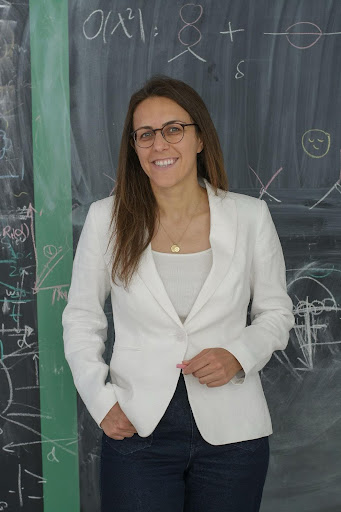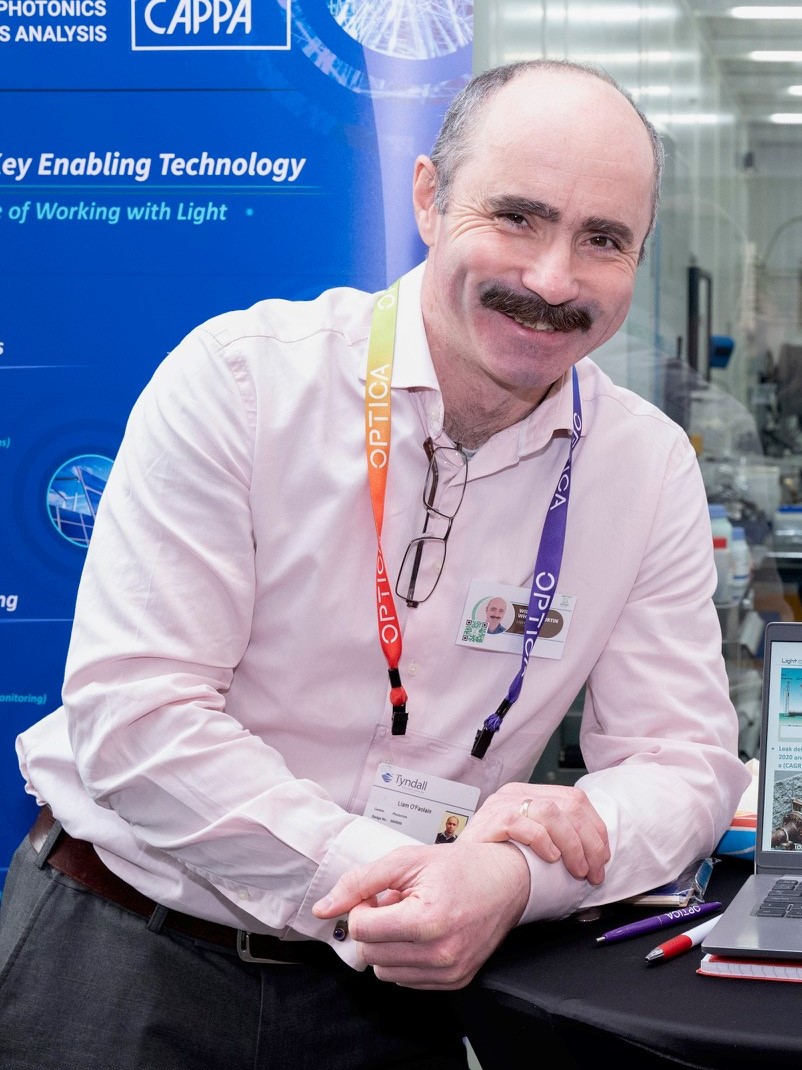Spectroscopy light sources: What's new in 2025?

Sponsored by
Originally broadcast on Wednesday, 22 January at 3p.m. UK time (GMT), you can now watch this insightful webcast on advances in spectroscopy light sources on demand and explore the newest breakthroughs that are transforming the field.
This event is designed to provide you with the knowledge and tools you need to enhance your research, improve your applications, and stay ahead of the curve.
What will you learn about spectroscopy light sources?
- Discover the latest innovations: Gain exclusive insights into the newest advancements in spectroscopy light sources, whether in lasers, LEDs, or broadband sources. Learn how these developments are enhancing performance, efficiency, and versatility in various applications.
- Laser advancements: Explore cutting-edge laser technologies, such as tunable lasers, femtosecond lasers, and quantum cascade lasers, and understand how they are enabling higher precision and sensitivity in spectroscopy.
- LED innovations: Learn about the latest high-power and wavelength-stabilised LEDs that are providing more stable and reliable light sources for a range of spectroscopic applications.
- Broadband sources: Understand the improvements in broadband light sources such as supercontinuum sources and deuterium lamps, which offer a wide spectral range and high intensity for diverse analytical needs.
- Expert-led sessions: Learn from leading experts in the field who will share their extensive knowledge and experience, providing you with actionable insights and practical solutions.
- Real-world applications: Understand how these advancements can be applied in various industries, from pharmaceuticals to environmental science, and how they can revolutionise your work.
- Interactive Q&A: Engage with our experts in live Q&A sessions, where you can ask specific questions and get personalised advice tailored to your needs.
Who should attend?
This webcast is ideal for:
- Industry professionals: Engineers, technicians, and managers working with spectroscopes and spectrometers in sectors such as pharmaceuticals, environmental science, materials science, and more.
- Academic researchers: Professors, researchers, and students engaged in spectroscopy research who want to stay updated on the latest technological advancements.
- Product developers: Professionals involved in the development and improvement of spectroscopy instruments and components.
- Quality control specialists: Individuals responsible for ensuring the accuracy and reliability of spectroscopy-based measurements and analyses.
Speakers

Hanieh Fattahi, a Photonics100 alumni, received her PhD in Physics at Ludwig Maximilians University of Munich in 2015 in the chair of Prof Ferenc Krausz on "third generation femtosecond technology". Since 2020, she has been leading her independent research group at the Max Planck Institute for the Science of Light in Erlangen.
Her research group is tackling three of the most pressing challenges of our time:
1. Advancing label-free Sensing and Imaging Technologies: On a fundamental level, her group is pushing the boundaries of label-free sensing and imaging to unlock new avenues for research in soft matter and solid-state physics.
2. Sustainable Solutions for Space Exploration: In the global race for space exploration, the group is advancing sustainable technologies to advance interplanetary communication, propulsion, and energy harvesting—paving the way for a sustainable future beyond Earth.
3. Addressing the Climate Crisis: To combat climate change, the group is developing cutting-edge methods to detect major greenhouse gas sources and innovate sustainable energy generation techniques, such as solar lasers.
Caterina Vozzi is the director of the Institute for Photonics and Nanotechnologies at the Italian National Research Council (CNR-IFN).
She leads the Ultrafast dynamics in matter group at CNR-IFN (www.udyni.eu), developing ultrafast spectroscopy for atomic and molecular physics, attosecond science, and materials science.
Her research pioneered high-order harmonic spectroscopy and attosecond science with mid-IR driving sources.
Her current research focuses on ultrafast spectroscopy to study photophysics and photochemistry of molecules and materials.

Liam O’Faolain (William Whelan-Curtin) leads the Nanophotonics Group in MTU’s Centre for Advanced Photonics and Process Analysis. His research group focuses on developing efficient lasers and innovative sensors based on nanophotonics and integrated photonics.
He is the author/co-author of more than 120 journal papers. He co-ordinates the Horizon Europe Innovation action EVOQUE (https://www.evoque-project.eu/), the PROTEMIC Marie Curie European Joint Doctorate project (https://www.protemic.eu/) and the H2020 Innovation Action PASSEPARTOUT (https://www.passepartout-h2020.eu/) . He has won over €29M in national and European funding (€12.5M as PI).
Additional speakers will be announced soon.
If you or someone you know would like to be considered for inclusion as a speaker for this webcast, please contact aaron.hurst@europascience.com.


